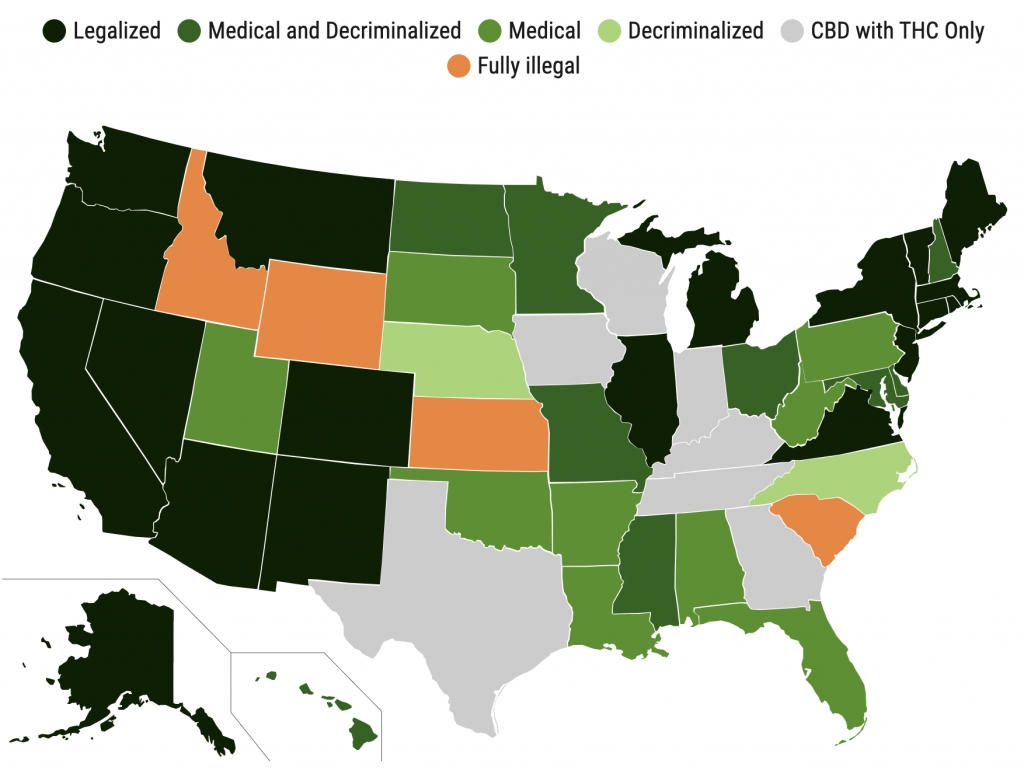What is the Marijuana Project?
Understanding Community Perspectives on Marijuana Legalization
This qualitative research focuses on the perspectives of parents/guardians of high-school-age youth around marijuana use and the implementation of the recreational law in Massachusetts (MA).
This work will be critical in the reduction in incidence and prevalence rates of marijuana use among teens in MA.
What are the goals of the Marijuana Project?
Data collected from the Tufts Collaborates project will be used to develop a communication strategy for parents/guardians of teens in MA to prevent the initiation and increased use of marijuana.
Short term:
The data collected will be used by the Massachusetts Department of Public Health (MDPH) in their own campaigns (i.e., they have been implementing parent-child communication strategies around opioid use, but have not yet done the background work for marijuana).
Long term:
The data from teens at a pivotal point where the policy takes effect will be highly relevant to other states initiating recreational marijuana policies around the country, making the communication strategy applicable and accessible to these states.

Fig. 1: Map of Marijuana Legality by State (Updated July 2022)
DISA, 2022 (https://disa.com/map-of-marijuana-legality-by-state)
How will the Marijuana Project accomplish these goals?
This study has three main components:
- Conducting 32 in-depth interviews with high school students, and transcribing and analyzing the resulting data in order to develop the communication strategy
- Collaborating with local partners, such as the MDPH, to ultimately design the communication campaign
- Using data from high school students, who are at an age where marijuana use initiation is highest, will allow for the development of a communication strategy for parents that targets both middle and high school students, with a specific eye toward prevention
